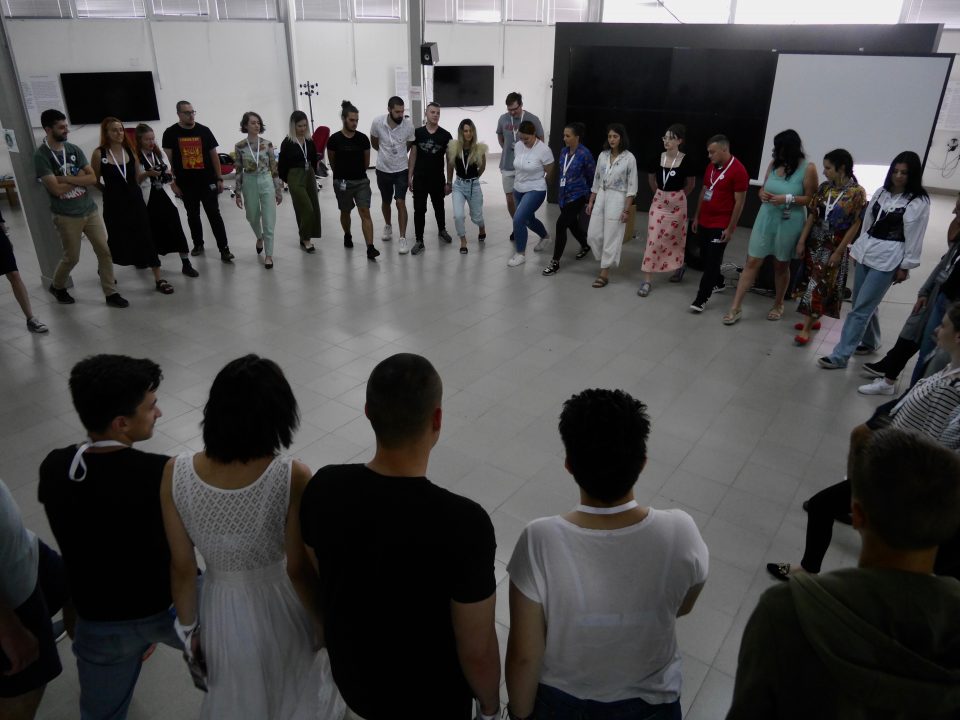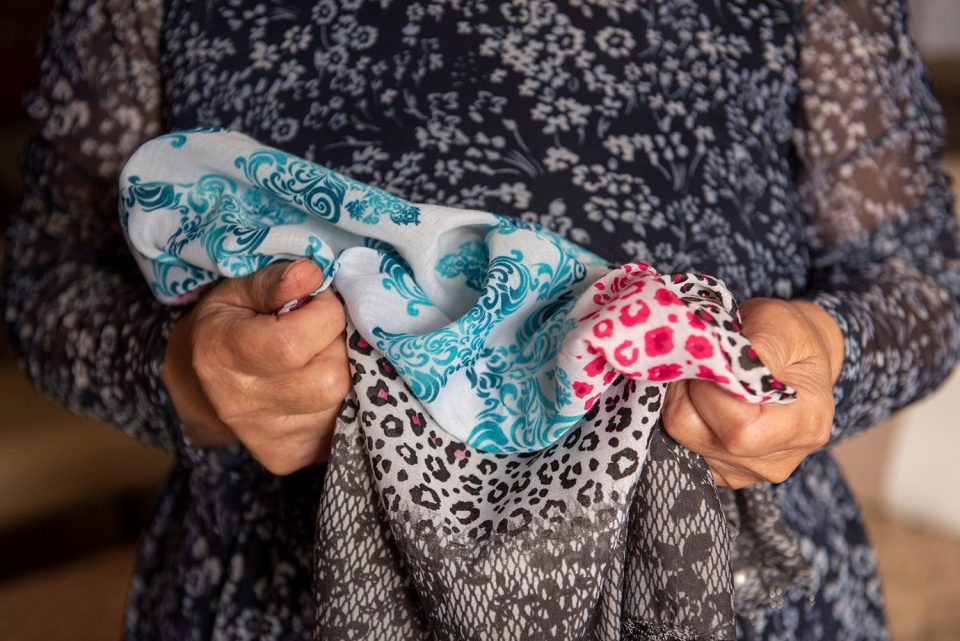
The Srebrenica Memorial Center and the Post-Conflict Research Center are organizing the third edition of the Srebrenica Youth School from July 5th to 13th. The participants will have the opportunity to learn about transitional justice, memorialization and historical narrative building, human rights, and the prevention of genocide and mass atrocities.
This year’s Srebrenica Youth School will bring together 50 young people from Bosnia and Herzegovina, Montenegro, Serbia, North Macedonia, the United States, Italy, Spain, Germany, France, Slovenia, Poland, Turkey, Belgium, the United Kingdom, Mexico, and Canada.
Srebrenica Memorial Center Director Emir Suljagić described the importance of the Srebrenica youth School as an integral component of the annual commemoration of the genocide in Srebrenica and a unique educational program for young people from Bosnia and Herzegovina, the region, and the world.

Suljagić also added that, starting this year, the Srebrenica Youth School has two new partners – the Sarajevo Canton Memorial Fund and the Manhattan College’s Holocaust, Genocide and Interfaith (HGI) Education Center.
„Through cooperation with local and international organizations, the Srebrenica Youth School gives young people the opportunity to learn from experts in the field of genocide and conflict prevention,“ Suljagić said.
Velma Šarić, president and founder of the Post-Conflict Research Center (PCRC), said that unlike in the previous two years, this year’s school will include a one-day pre-program in Sarajevo. The participants will visit the Tunnel of Hope and learn more about the Siege of Sarajevo, in the year which marked the 30th anniversary of its beginning.
Participants of the Srebrenica Youth School will also attend the international conference „Srebrenica Heroines,“ which will be held on July 10th, 2022, at the Srebrenica Memorial Center.
„The „Srebrenica Heroines“ conference is a unique event that will bring together women who survived the genocide, but also activists, academics, representatives of victims and survivors’ associations, and civil society organizations working to preserve the truth about genocide through women’s perspectives,“ said Šarić.

The participants include students of all ages from more than 30 world universities, including University of Hamburg, University de Lorraine, Dresden University of Technology, University of Ljubljana, Scripps College in California, King’s College London, University of Sussex, Stanford University, University of Bologna, and many others. Through the interactive program, they will have the opportunity to learn from experts, academics, and artists working in various fields.
In addition to Suljagić and Šarić, this year’s lecturers and speakers of the School are Ahmed Kulanić, director of the Sarajevo Canton Memorial Fund, Tanya Domi, professor at University of Columbia in New York, Dino Abazović, professor of sociology at the University of Sarajevo, Edina Bećirević, professor at the Faculty of Criminalistics, Criminology and Security Studies at the University of Sarajevo, Hariz Halilovich, social anthropologist and professor at RMIT University in Australia, Mehnaz Afridi, professor of religious studies and Paul Lowe, professor at the University of the Arts in London.
Additionally, they will speak with the representatives of local, regional, and international organizations, like the KVART Youth Center, the Balkan Investigative Reporting Network, the Youth Initiative for Human Rights – Croatia, the OSCE Mission to BiH, the International Commission on Missing Persons, and the International Residual Mechanism for Criminal Tribunals.
Two PCRC documentaries, „Memories 677“ and „Cases of Evil: Vlasenica,“ will also be shown during the school. The film, photography, art, and other multimedia material that will be used throughout the program are designed to encourage critical (re)evaluation, which in turn encourages processes of dealing with the past.
This year, the school will be held with the support of the Rockefeller Brothers Foundation, the National Endowment for Democracy, the Sigrid Rausing Trust, the OSCE Mission to BiH, the International Residual Mechanism for Criminal Tribunals, the Sarajevo Canton Memorial Fund and Manhattan College.





